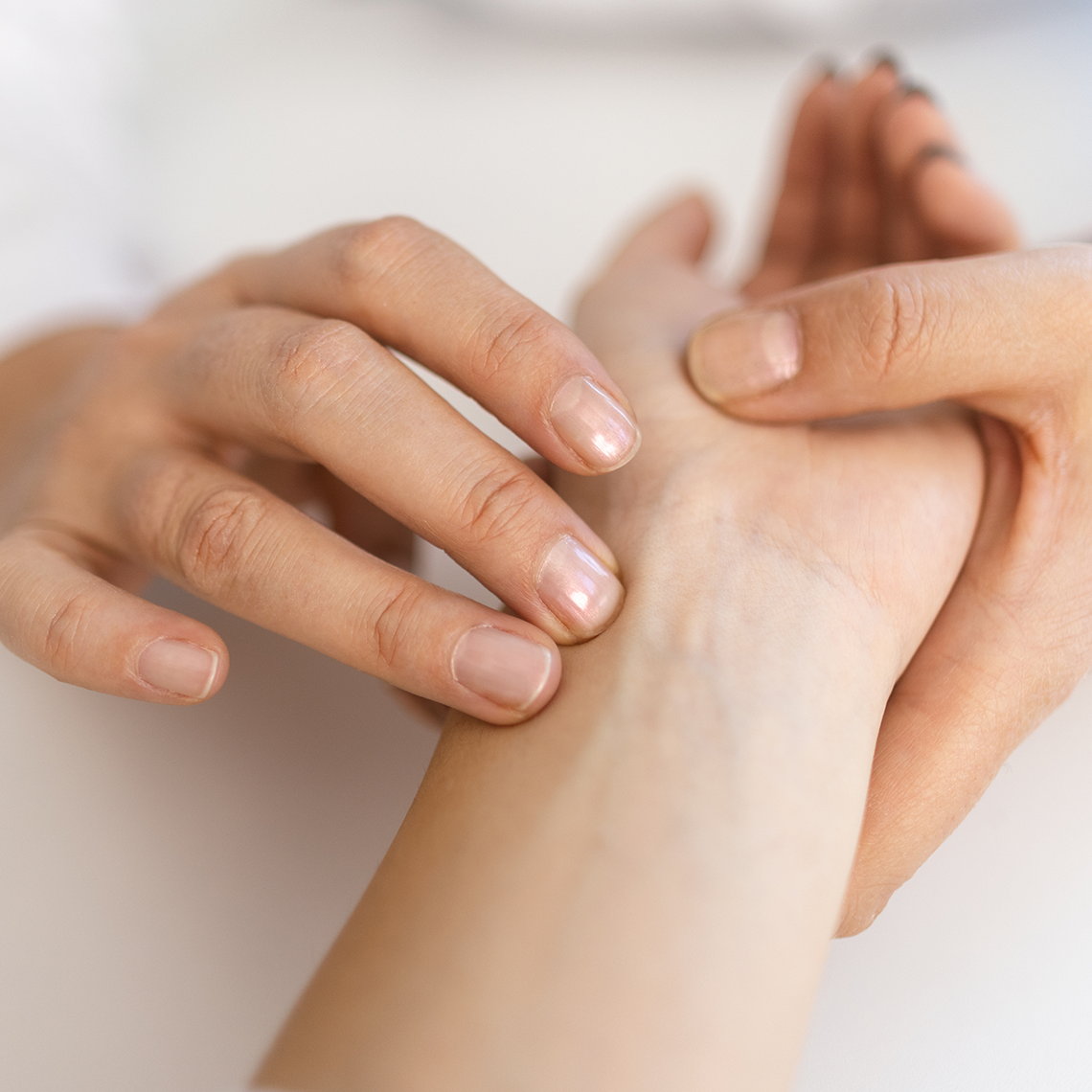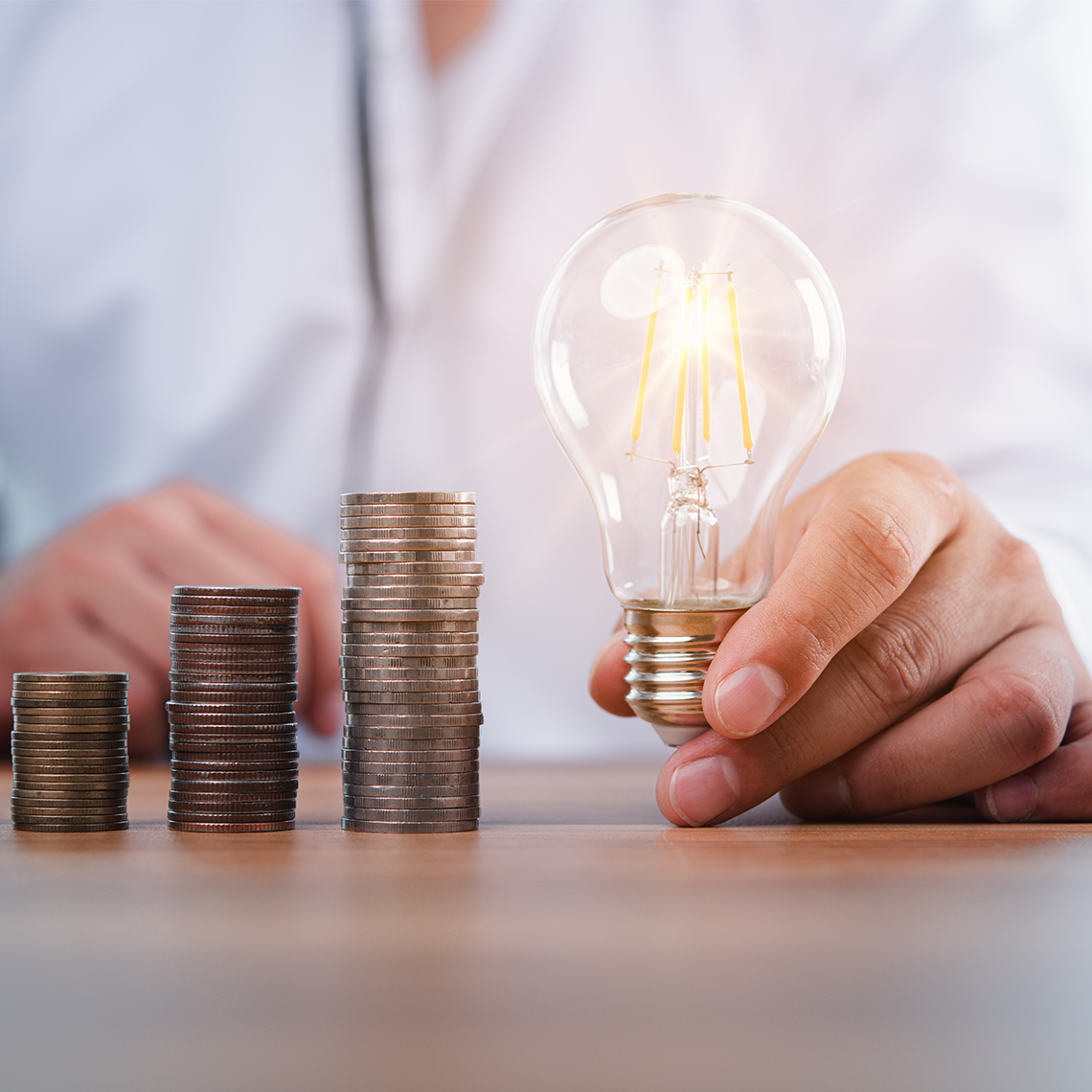Podcast
Health Providers: “What We’re Going Through Now is Not Normal”
May 28, 2020
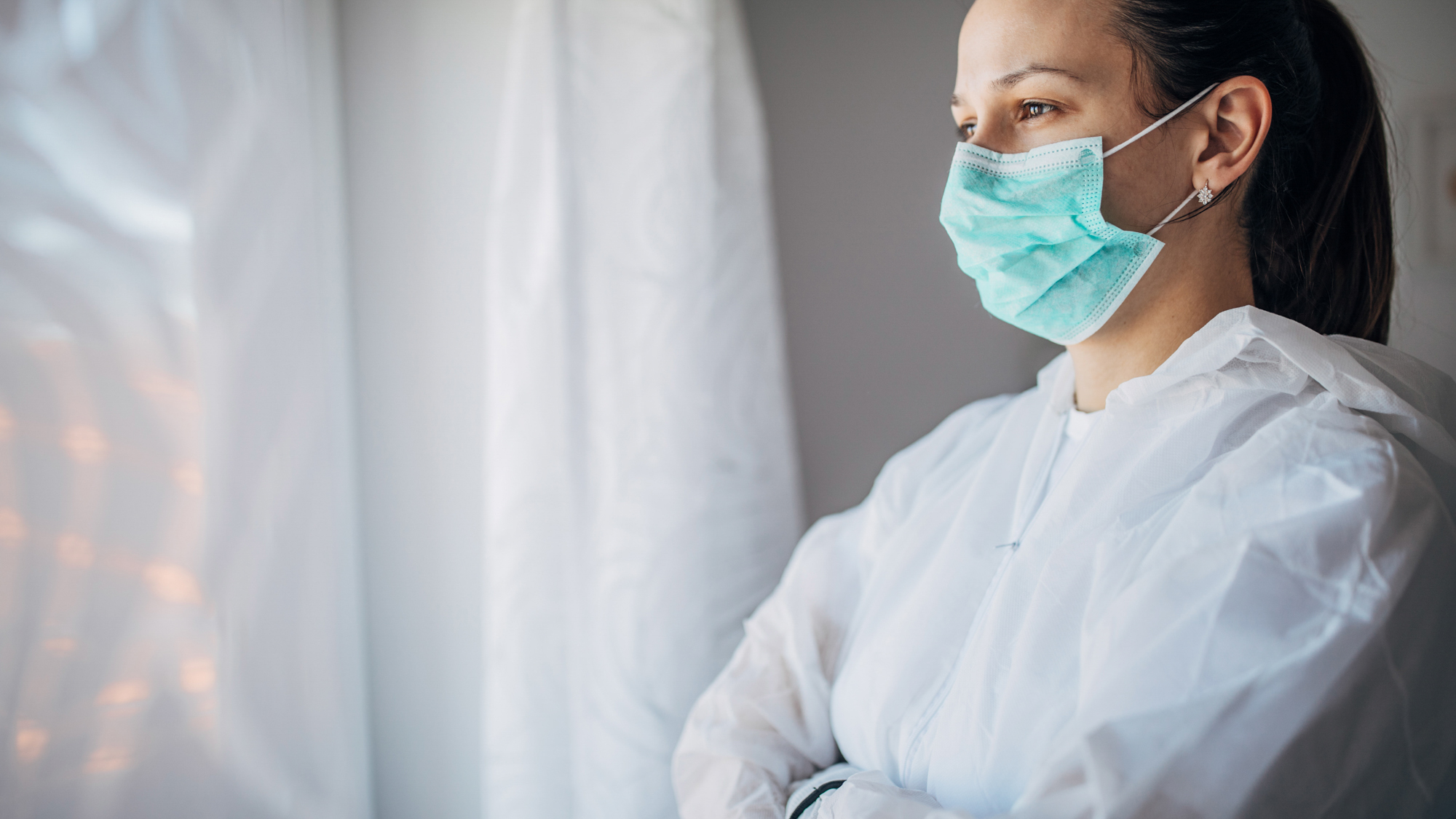
Commentators
- Linda Crawford, JD
- Daniel Saddawi-Konefka, MD, MBA
- Stephen Tosi, MD
Transcript
COVID-19 has dragged thousands of doctors and nurses into front-line wards across the country. Attending surgeons in medical units, medical students rushed through graduation, and even retirees returning to pitch in. What is the impact on these providers now and in the future? What are their institutions doing to help, and what are they doing to help each other? And does all of this have implications for patient safety?
“First of all there’s the personal risk to our physicians and our caregivers…”
Dr. Stephen Tosi is Chief Medical Officer for UMASS Health Care in Worcester, Massachusetts.
“We all know that the hospitals in Massachusetts have been reporting significant numbers of caregivers who have gotten the coronavirus disease, themselves despite the PPE and the negative pressure rooms and all of the things that are done.”
They are also concerned about their families when they go home from work. Another way COVID-19 has upended their world.
“Many physicians, after doing a shift, leave the clothes that they wore in here, shower, change into a fresh set of clothes, and go home. Some physicians and APCs, and residents and fellows, all of whom are pitching in, some of them go home and self-quarantine in their own homes. They sleep in a guest room. They sleep on a cot in the basement. They see their children through the glass of a sliding glass door because they don’t want to take the risk of bringing that home to their families.”
Dr. Daniel Saddawi-Konefka is an anesthesiologist overseeing 80-plus residents at Massachusetts General Hospital in Boston.
“A lot of my trainees have actually, to keep their families safe, have sent their children away to live with grandparents so that they can fulfill their duties to their patients and colleagues. That, I think really, really, I can’t imagine that sacrifice, that they’re making, knowing they don’t know when they are going to see their toddlers again, for example. I think compared to what we normally see in health care, it’s an awful lot of stress.”
Dr. Saddawi-Konefka says the COVID-19 pandemic is very different from what healthcare providers are used to. He sees the stressors falling into three “buckets”: working in unusual places and times doing unique things, the threat the clinicians pose to their own families, and finally, the emotional hit.
“I think one of the hardest things, the last bucket is just sadness. I think that we’re used to unfortunately seeing not everyone do well, but the number of people who don’t do well is higher now than it typically is and when people die, it’s different than when they normally die. Hospital restrictions typically don’t allow a lot of people even at end of life, and that’s really challenging. I remember a patient of mine who, it became clear that they were not going to survive and having a conversation with her husband and he asked me because we could only allow one person to come in, he asked me how do I pick which one of my children get to say goodbye to their mother?”
Dr. Saddawi-Konefka says he has concerns about his colleagues developing PTSD-like symptoms with deep and lasting emotional health effects. The complete immersion of their lives in this crisis is a unique challenge—for them, and for their institutions. Dr. Tosi says that UMASS Health Care system leaders recognized the danger and quickly expanded an existing peer support program. In a period of about 10 days, 32 peer physicians, as well as advanced practice providers and resident program directors contacted about 600 frontline caregivers. Dr. Tosi says they reached out by text, deliberately.
"We didn’t want to be calling people at inopportune times, but everyone is aware of a text when it comes in and look at it when they can. And we first thanked them for their bravery, their long hours, their stepping up to take care of these patients. And then we asked them if there was anything they need. I mean, some people said, ‘listen, I’ll come and mow your lawn. Do you need child care?’ And we of course do provide those things, but just asking if there’s anything we can do to help them or if anything they needed, if we could help provide that. And then we kind of closed with, ‘do you have support? Are you sleeping, are you eating okay, is there anything you would like to talk about? Here is my cell phone number. Call me anytime, day or night, if you would like to talk about anything.’
Dr. Saddawi-Konefka also felt compelled to do something for his colleagues. He had the idea, with a neighbor who is also in healthcare, to create a free, professional online service with volunteer licensed therapists. It’s called EmotionalPPE.com. Healthcare workers looking for a trained professional to talk to just click one button on the homepage, and mental health professionals looking to volunteer their counseling services click the other button. Not only did local doctors take advantage of the counseling, but it took off nationwide, now with 275 licensed therapists in 36 states.
To some experts, the impacts of COVID on clinicians looks a lot like burnout, with sleeplessness, irritability, and cognitive compromises. Add to that, frustration that their efforts are somewhat thwarted by a public that doesn’t always cooperate with social restrictions. The biggest challenge might be that healthcare providers aren’t typically as good at taking care of themselves as they do their patients. Dr. Saddawi-Konefka admits that doctors and nurses aren’t the best at self-care. But he says that clinicians who are trying to deliver the best care to their patients need to see that it isn’t possible if they aren’t well themselves.
“I think this probably links to the literature on teamwork and mental states and maybe even impaired physicians. If people are working with empty tanks, I think teamwork is likely to be impaired. I think decision making is likely to be impaired.”
One particular group of clinicians may be at higher risk during the pandemic: defendants in on-going malpractice cases. Attorney Linda Crawford lectures at Harvard School of Law, and consults with professional liability defendants preparing for depositions and trials. Crawford says COVID just adds a layer of stress to clinicians who are being sued. Some trials have been delayed by the pandemic. But Crawford says her online meetings with defendants have become important moments of reassurance during an extra-difficult time.
“If, in fact, juries are a microcosm of society and increasingly they are, it is extremely reassuring to me to know how much the average person on the street depends on and appreciates those who care for them and their loved ones in their time of need. And that, as terrible as the litigation system is for our providers, that at the end of the day society truly, truly appreciates their efforts.”
Dr. Tosi says the vast majority of doctors and nurses who were offered support by his team have not used it. He believes more could benefit, though, and he has a message for any frontline healthcare worker during the COVID-19 pandemic:
“It would be first of all extreme gratitude and thankfulness for their truly heroic work and bravery that they’re exhibiting. And their devotion to duty and to their understanding of why they’re here. And this is our time and this is what we do. And then I guess just making sure that our frontline caregivers—our nurses, our doctors, our residents, fellows, interns, and our advanced practitioners—should know that they are not in this alone, that there are communities behind them. There are physicians and peers behind them and institutions. And that they shouldn’t go it alone if they do have feelings of burnout or stress or sleeplessness or whatever it is.”
Dr. Saddawi-Konefka:
“You’ve got to look out for yourself and you got to look out for your colleagues. What we’re going through now is not normal, it shouldn’t feel normal, and we can’t just press on and ignore it.”
Providers can find support through “emotionalPPE.org,” and the Physician Health Service at the Mass Medical Society, massmed.org, and their own institution’s EAP or peer support program.
About the Series
We’ve got you.
Our Safety Net podcast features clinical and patient safety leaders from Harvard and around the world, bringing you the knowledge you need for safer patient care.
Episodes
Paying for Patient Safety: Solving an ROI Puzzle
Teleradiology Leads Virtual Care Risk in New Study
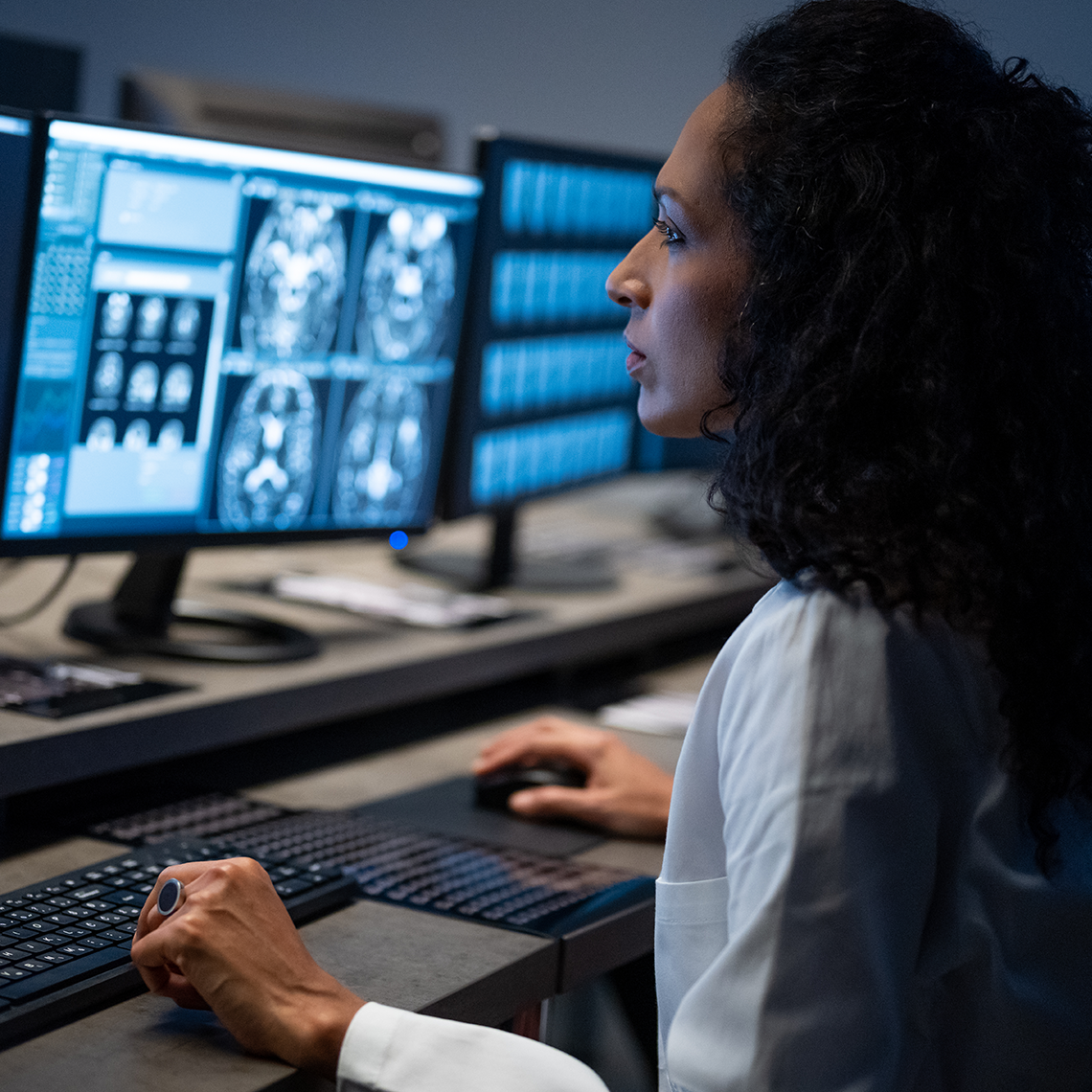
New Study Finds Outpatient Adverse Events Common, Often Preventable
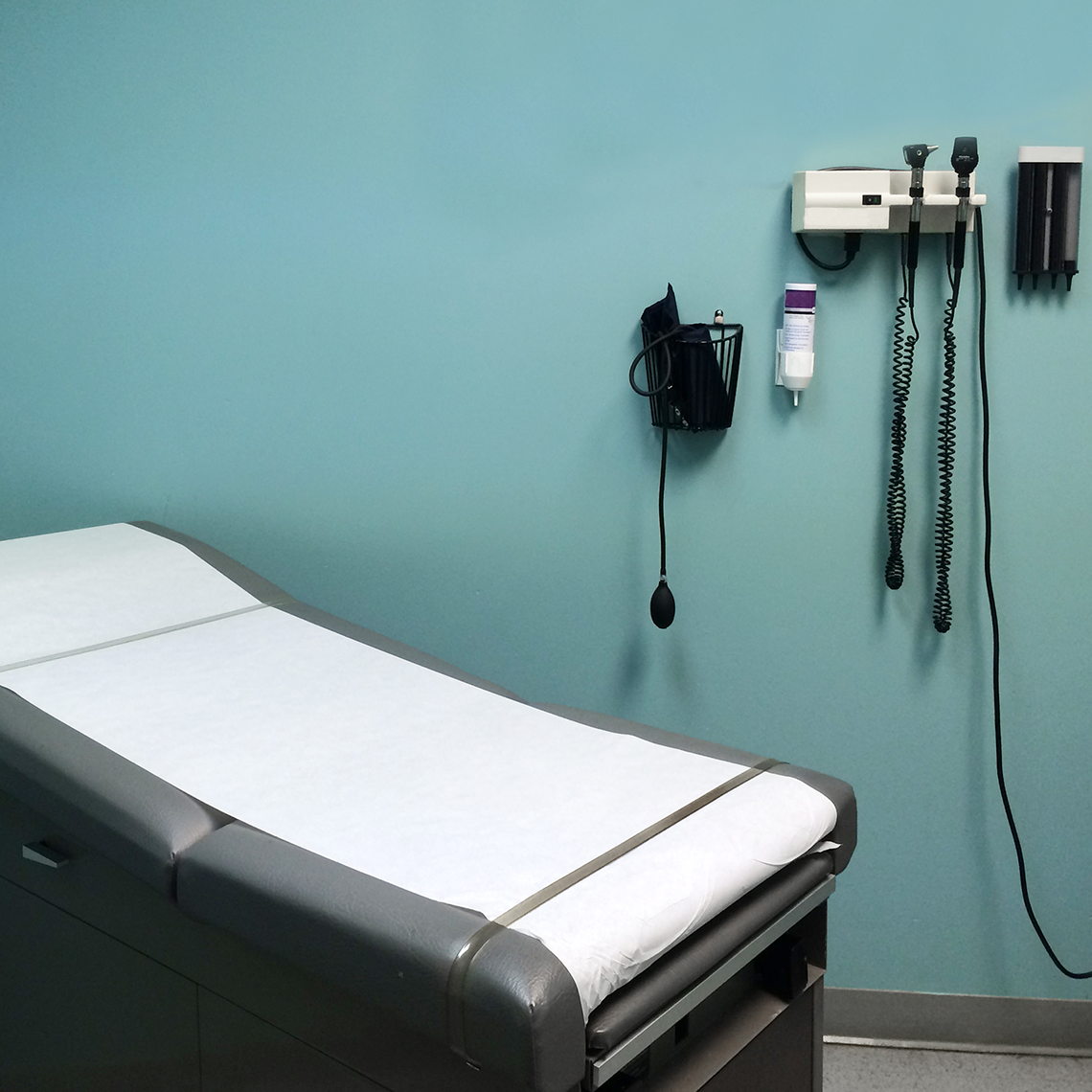
Taking the Pulse of a Clinician’s Interpersonal Skills
